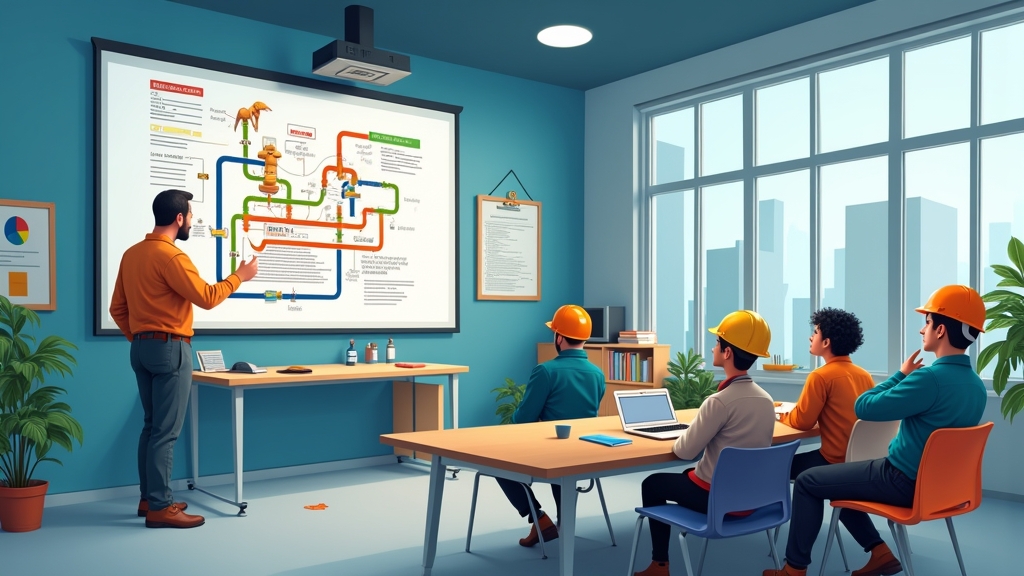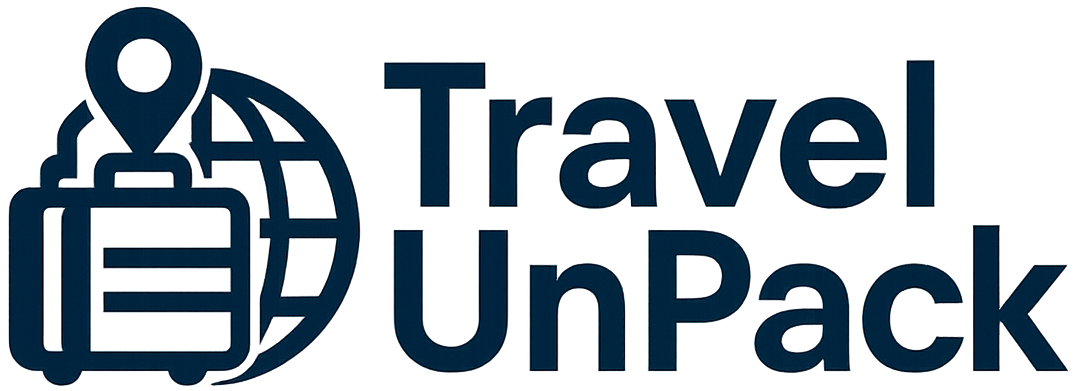Nowadays, the profession of plumber is becoming increasingly essential and promising. With the constant growth of cities and the complexity of modern construction, the demand for qualified professionals in this field is increasing significantly. In this article, we'll explore everything about the plumber's course, from what you need to know to start your training to the career opportunities available once you've completed the course. If you're thinking of entering this field or simply want to know more about it, read on to find out all the information you need.
The Importance of the Plumbing Profession
The profession of plumber is fundamental to the functioning of any structure, whether residential, commercial or industrial. These professionals are responsible for planning, installing and repairing piping systems, guaranteeing the supply of water, correct drainage and the proper functioning of heating systems. In addition, plumbers play a crucial role in the maintenance and security of buildings.
Proper training is vital to ensure that a plumber has the skills and knowledge to deal with the technical and regulatory challenges that the profession demands. A plumbing course offers a solid foundation in theory and practice, preparing the student to face everyday situations competently and safely. In addition, the plumbing profession is highly versatile, allowing professionals to work independently or be employed by construction and maintenance companies.
Structure and Content of a Plumbing Course
A plumbing course covers several fundamental aspects that prepare the student for professional practice. Courses generally consist of theoretical and practical lessons, providing a complete and comprehensive education. Initially, the student is introduced to the basic concepts of hydraulics, which include the study of different types of pipes and fittings, as well as learning how to interpret hydraulic diagrams and plans.
The practical part of the course is extremely important, as it is where students learn to handle tools and equipment safely and effectively. Courses often offer workshops and laboratories equipped to simulate real work situations, allowing students to apply the knowledge they have acquired in a practical way. In addition, many courses include modules on safety standards and current regulations, ensuring that the future plumber is ready to follow the recommended practices in the profession.
Requirements and Prerequisites for Joining a Plumbing Course
Before enrolling in a plumbing course, it is important to know the requirements and prerequisites demanded by the institutions that offer this training. Usually, plumbing courses do not require an advanced academic degree, making them accessible to a wide range of people interested in entering the profession. However, some schools may require the candidate to have completed primary or secondary school.
In addition to the educational requirements, it is essential that the candidate has an interest in and willingness to work physically, as the plumbing profession can be physically demanding. Manual skills and attention to detail are valued characteristics, as the job involves handling tools and the need to follow technical instructions precisely. Some schools may offer aptitude tests to ensure that the candidate has the basic skills required for the course.
Certification and Licensing
After completing a plumbing course, many students choose to pursue additional certifications or professional licensing, depending on local regulations. Certification can be a significant advantage on the job market, as it demonstrates that the professional has an officially recognized level of competence. In some cases, licensing is mandatory for the legal practice of the profession, especially in more complex jobs or in locations with strict regulations.
The processes for obtaining certification and licensing vary according to region, and often require passing specific exams. These exams usually assess both the candidate's theoretical knowledge and practical competence. It is essential that plumbers keep up to date with regulatory requirements and attend refresher or specialization courses to ensure that their skills and knowledge are always in line with market needs.
Career opportunities for plumbers
After completing a plumbing course, a wide range of career opportunities arise in different sectors. The field of work is vast, ranging from providing residential services, such as installing and maintaining plumbing systems in homes, to working on large construction sites, where more advanced knowledge and specific specializations are required.
In addition, plumbers have the option of working independently, opening their own plumbing service companies. This provides greater flexibility and the possibility of building up a loyal clientele over time. Many plumbers also specialize in areas such as solar heating, installing irrigation systems or maintaining sewage systems, further increasing their professional possibilities.
Trends and Innovations in Plumbing
The field of plumbing is constantly evolving, with technological innovations and trends directly influencing professional practice. More sustainable and efficient plumbing systems are on the rise, reflecting the growing concern for environmental preservation and saving resources. Technologies such as the use of more durable materials and digital leak monitoring systems are examples of innovations that modern plumbers need to be aware of.
Another trend is specialization in intelligent plumbing systems, which use sensors and connected devices to optimize water and energy use. This requires plumbers to keep up to date with the latest technological innovations, which can be achieved through specialization courses and ongoing training offered by educational institutions and professional associations.

Conclusion
Choosing a plumbing course can be a promising path to a solid and rewarding career. With proper training, professionals in this field have the opportunity to play a crucial role in society, ensuring the efficient functioning of hydraulic systems and contributing to environmental sustainability. As cities continue to grow and evolve, the demand for qualified plumbers is only set to increase, making this profession a smart choice for those seeking stability and professional growth.
FAQ
1. What is the average duration of a plumbing course?
Plumbing courses generally last from 6 months to 1 year, depending on the workload and level of specialization.
2. Do I need any prior knowledge to start the course?
No prior knowledge is necessary, but manual skills and the ability to follow technical instructions are important.
3. What is the average investment for a plumbing course?
The amounts vary, but the average investment can range from R$1,000 to R$5,000, depending on the institution and the length of the course.
4. Does the plumbing course offer certification?
Yes, many courses offer certification at the end, proving the student's qualification in the area.
5. Can I work anywhere in Brazil after completing the course?
Yes, as long as you follow local regulations and, if necessary, obtain the specific license for each region.
6. Are there online courses for plumbers?
Yes, there are online courses, but it's important to check that they offer practical components, which are essential.
7. What skills should a plumber have?
A plumber must have manual skills, attention to detail, the ability to solve problems and technical knowledge.
8. Do I need any specific equipment for the course?
Usually, the institutions provide the equipment for the practical classes, but it's a good idea to check with the school before you start.
9. Is the plumbing course recognized by the MEC?
Some institutions offer courses recognized by the MEC. It is important to check the certification of the course before enrolling.
10. Is it possible to specialize after the plumbing course?
Yes, there are various specializations available, such as solar heating, sewage systems and industrial plumbing.
11. Can a plumber start his own company?
Yes, many plumbers choose to work independently, opening their own companies.
12. Is the plumbing profession regulated?
Yes, the profession is regulated and may require licensing depending on the location.
13. What are the job opportunities for plumbers?
Plumbers can work in construction, residential and commercial maintenance, and in companies specializing in hydraulic systems.
14. Does the profession offer financial stability?
Yes, due to the high demand for plumbing services, the profession of plumber offers good opportunities for financial stability.
15. Where can I find plumbing courses?
Plumbing courses are offered by technical schools, vocational training institutions and some universities. It's important to do your research and choose a recognized and reliable institution.



